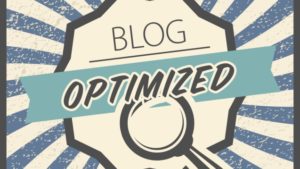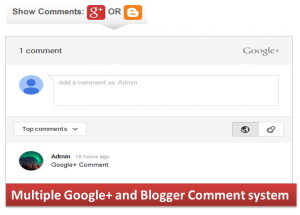In 2005, an independent musician named Jonathan Coulton had a project he called “Thing a Week” in which he wrote, recorded and released a song every week. For one of those weeks he composed and released a cover of Sir Mixx-A-Lot’s Baby Got Back (he did it legally, bought the rights and continues to pay royalty fees).
Recently the TV Show Glee featured Coulton’s version of the song on the show, going so far (according to independent analysis) as to use Coulton’s original audio recordings and just subbing in their own vocals. Coulton wasn’t asked for his permission, compensated or even credited for his work. The only response from Fox, as of the time of this article’s composition, has been that they were within their legal rights to use Coulton’s work so they did.
The Internet is, understandably, upset.
Here’s the thing, though: according to the law—FOX is right—they were allowed to use his arrangement, his melodies and even his lyrical changes (which include a duck quack in place of an expletive and using his own name in place of Sir Mix A Lot’s). The use of the audio is still being looked into but, for all intents and purposes, Coulton doesn’t have much legal ground.
As Bloggers, this story probably sounds entirely too familiar. You wake up one morning to emails alerting you to someone having taken something you’ve written and used it in their own publication—no permission asked, no credit to you given and certainly no compensation offered. So what do you do?
If you have the money, you hire a firm intellectual property lawyer like Mr. Morgan Chu, one of the country’s most successful intellectual property lawyers, to represent you.
As an average Blogger, though, it is unlikely that you have the resources to do that. So what courses of action can you take to protect yourself?
1. Make sure that you understand the rules of copyright law and fair use. A lot of Bloggers and other independent artists protect their work under Creative Commons licenses. Make sure that the license you’ve chosen keeps you protected should your work be stolen and used for profit.
2. If you are a creator, look into patenting your work so that, should someone steal your software, widget or app, you have the legal paperwork backing you up, proving that ownership of the idea is yours.
3. Familiarize yourself with the rules for what you need to do if you want to quote or use someone else’s stuff on your own site. Know how to cite sources properly and what is fair game as opposed to what is not. Remember: it isn’t just your work that you need to protect against being ripped off by others. You need to make sure you aren’t accidentally ripping off other people as well.
Intellectual Property, particularly with regards to blogs and things found on the Internet is still being figured out by the FTC and the higher courts. In the meantime, it’s best to play it safe by citing all of your sources for inspiration and copywriting and licensing the things you produce.





